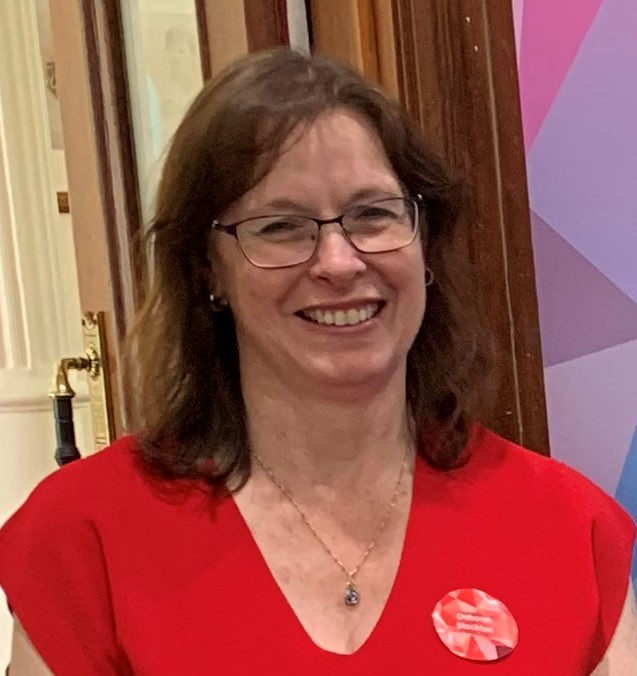About the Author
Dr Deborah Stockton.
Introducing Deborah.
Deborah is an experienced health service leader and evaluator with a passion for social justice, equity and addressing the social determinants of health.
Deborah began her career as a Registered Nurse and Registered Midwife, before moving into the field of Child and Family Health Nursing. In her role as Director Service Integration & Evaluation with Tresillian, Deborah worked with health and interagency partners to enhance services and systems to meet the multifaceted needs of families and communities. As Operational Manager Regional Services with Tresillian Family Care Centres, Deborah led the organisation’s regional service development and evaluation, working collaboratively with rural health service partners to design and develop innovative services to address the needs of families in rural and regional areas.
Deborah's PhD (Public Health) research focused on the adaptation of child health service models for rural and other diverse settings, resulting in the development of the CASCADeS Framework and Resource Toolkit to support collaborative community co-design. Deborah is currently a Senior Evaluation Advisor with the Department of Regional NSW.

Find more of her work.
You can find more about Deborah Stockton’s work and research on the following platforms.
The journey to CASCADeS.
Deborah shares the journey that led to her passion for improving health outcomes for children and their families, with a focus on those living in rural, regional and remote communities which led to the development of the CASCADeS Framework:
As a young child I was fortunate to be raised in a number of rural settings. While I have many idyllic childhood memories, I also observed hardships and challenges encountered by those living in rural communities. One of those experiencing the challenge of a living with a chronic condition in a rural community was my brother. Born prematurely in the 1970’s, with the support of my parents he bravely battled cerebral palsy. This required multiple trips to Sydney for treatment, some 750kms away, and frequent drives to the nearest regional town for physiotherapy. Observing the lengths my parents went to access the care my brother needed left an indelible impression on me and led me into the nursing profession. I left my family to undertake my nursing education in Sydney (Australia), and went on to complete my midwifery qualification with the intent to return to a rural location to contribute to the health and wellbeing of country communities. I moved into the specialty of Child and Family Health (CFH) nursing and discovered a passion for supporting young children and their families, particularly those experiencing multiple vulnerabilities and often complex histories. The focus of my work became building confidence and resilience in parents, ensuring they received the help they needed as soon as possible to avoid the impact of distress on their mental health and wellbeing, and the development of a positive relationship in which their child could thrive.
Years later, the opportunity arrived to lead the establishment of new specialist CFH services across rural and regional NSW. The position enabled me to combine my passion for CFH and contribute in a tangible way to increasing access to specialist services for families in regional, rural and remote areas. I have worked together in partnership with similarly passionate health professionals in these communities, listening to community members about the needs of the families in their region; advocating to politicians and policy makers about the need to extend the reach of services to those most in need; collaborating and sharing resources to enable new services to be established.
Throughout the service development journey questions arose in my mind: how do we take an essentially metropolitan service model and adapt it for implementation in diverse settings, with differing strengths and service gaps? How do we maximise this opportunity given the need is immediate, but still take the time necessary to ensure we are taking an evidence-based approach? And what does the literature tell us about how others have approached these challenges?
In seeking answers from the literature, I could find no guidance or framework specific to the unique context of specialist CFH services. These services not only seek to address health needs but also to impact on the social determinants of health and to make a positive difference early in a child’s life which will reap benefits for life-long health outcomes. Hence, I embarked on the doctoral research which led to the development of the CASCADeS, seeking to not only answer my questions but to share the learnings and to develop resources which will support others as they adapt successful metropolitan services models for implementation in a range of community settings. It is my hope that this research and Framework will make a difference to the lives of children, their families and the health professionals who care for them in less well-resourced communities.
